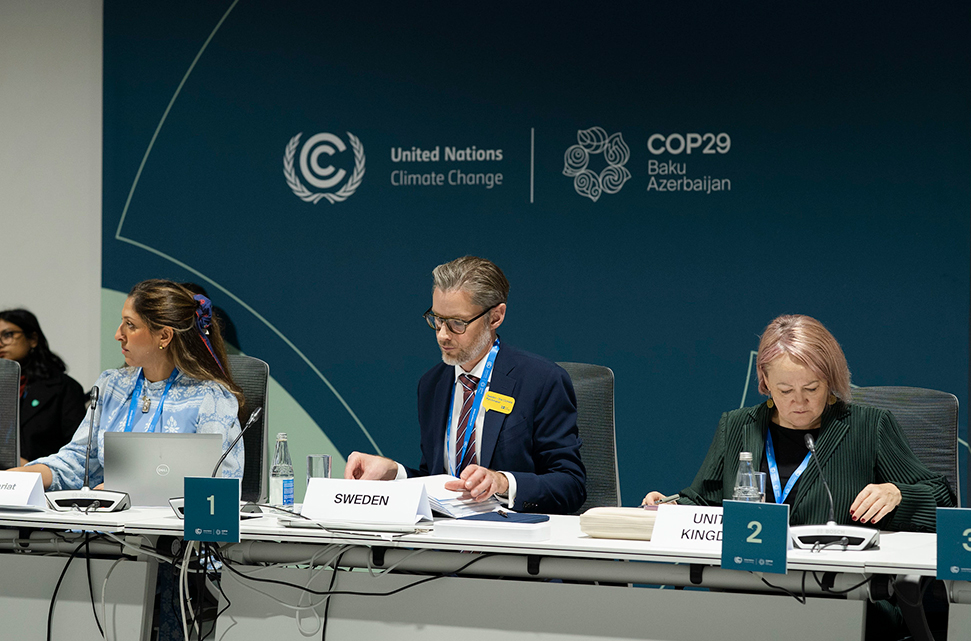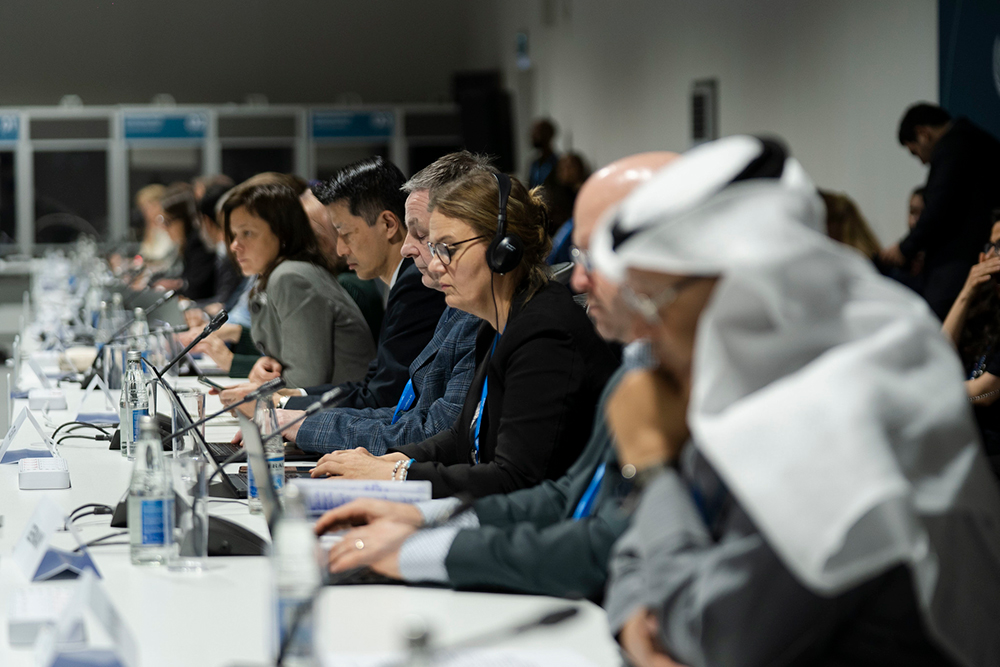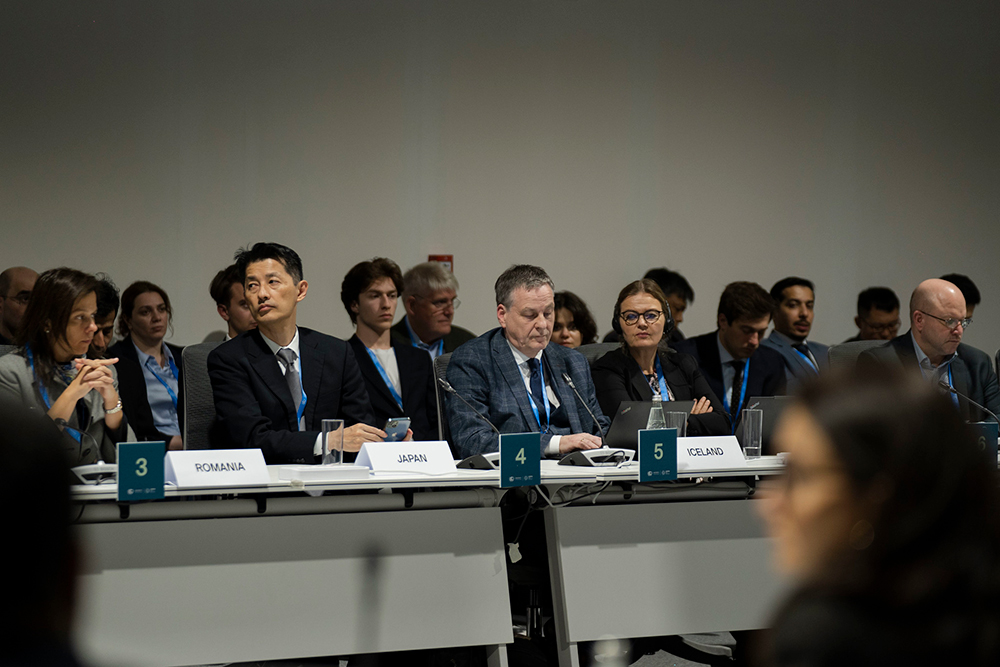New platform curating carbon management education, research and training resources officially launched
WASHINGTON, D.C., July 23, 2025 – The Global Carbon Management Foundation, in partnership with the Global CCS Institute, has launched the Global Carbon Management Academy. The Academy is pleased to welcome the support of the Carbon Management Challenge and partners from leading institutions – Stanford University, the University of Pennsylvania, Imperial College London and more – with the collective aim to educate, train, and build knowledge to scale-up carbon management globally.
This new initiative will take the form of a centralized virtual platform – to be released later this year – that showcases carbon management research, courses, experts and projects from partners worldwide. Alongside curating the online hub, the Academy also leverages an extensive network of partners to deliver training modules led by globally recognised experts and researchers.
The first of these tailored course offerings was held in Riyadh, Saudi Arabia from July 20-22, 2025, sponsored and hosted by Kingdom of Saudi Arabia’s Ministry of Energy under The Regional Collaboration for Emissions Reduction Initiative which is part of the Middle East Green Initiative (MGI). Invitations extended worldwide, and 27+ attendees with multidisciplinary backgrounds actively engaged throughout the sessions. Leading carbon management experts from Stanford University, Imperial College London, the University of Pennsylvania, and the Global CCS Institute – all Academy partners – imparted insights on the fundamentals of carbon management, legal and policy frameworks, and regionally relevant considerations.
“We developed the Global Carbon Management Academy with the knowledge that carbon management cannot scale effectively without global collaboration and resource sharing.” said Vanshika Goel, project lead. “Our hope is that the Academy will grow into a robust network of researchers advancing this critical field. Enthusiasm from institutions across the world has reflected that this is a timely and critical effort”, she added.
The Academy will feature:
- The latest carbon management research, projects for stakeholders across sectors and geographies.
- Virtual directories of carbon management experts, available courses, jobs and careers.
- Collaboration from universities worldwide in the form of partners and affiliates who both give and receive access to courses, researchers, and knowledge.
- Virtual and in-person training offered by the Academy and its partners.
The Academy is expected to grow significantly as new research organizations join from around the world. Collaboration with the Carbon Management Challenge (CMC) and the Global CCS Institute will broaden the Academy’s reach to global experts, institutions and governments.
The Academy looks forward to launching its full website later this year, ahead of COP30.
###
Media Contact: Vanshika Goel | vanshika.goel@carbonfound.org
About the Global Carbon Management Academy: The Global Carbon Management Academy is a virtual platform that connects the global climate research community, spearheaded by the Global Carbon Management Foundation (GCMF). Formed in 2022 in Washington D.C., the GCMF seeks to harness philanthropic funding specifically for carbon management projects, as an integral part of our net-zero emissions future.
Notes to the editor: Universities and research organizations are invited to join the Academy via LinkedIn.





